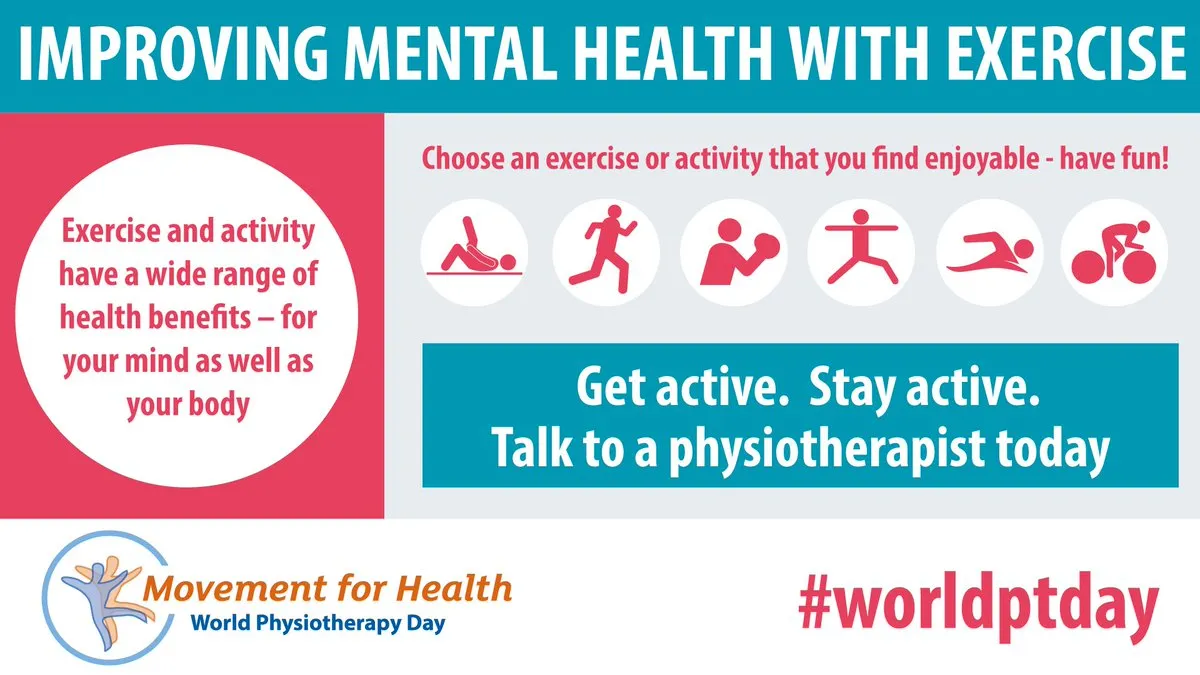
Should have posted this yesterday, but better late than never
I was so wary of following the status quo. Typical stereotypical choices would be Medicine, Engineering or Accounting. After a little research, I found out about Physiotherapy. I was certain I had found a career path I could be passionate about. I voiced out my pleasure to my dad, but he wouldn't hear any of it. If it's not medicine, then it's not Medicine. Subsequently, I selected two federal tertiary institutions as first and second choice of school, to study medicine and surgery.
To my muse, I was given an admission offer for Medical Rehabilitation (With the option to choose Physiotherapy or Occupational Therapy). I was sure this was God's writing on the wall. You already know how this part of the story ends. My Dad wondered what Medical Rehabilitation even meant. After going back and forth, we reached a compromise that I would complete my registration and defer the admission for a year. Giving me time to try my hand at another JAMB and have a go at studying medicine again.
After much pressure, another consensus was reached. I would continue studying Medical Rehabilitation and then write the next JAMB. I did just that and got a much better score than the previous year. To my surprise and delight, I wasn't offered admission for any course at Obafemi Awolowo University, which was both my first and second school choice to study Medicine and surgery as well as Pharmacy.
During my pre-clinical years in school (part 1 to part 3). I like most people, only had a faint idea of what I could do as a physiotherapist. This was sequel to reading articles and write ups about what Physiotherapist do, on paper and internet publications. It wasn't until my clinical years in school that I fully understood what my profession was all about, and what we actually do.
All I've said up to this point are the reasons, I tend to explain what we do to anyone I come in contact with. Without using generic terms or standard definitions. The general perception of Physiotherapists or Physical Therapist, is that they are skilled in massage (the job of masseurs) or that we arrange bones (what traditional bone setters or osteopaths do).
From the term itself 'physical therapy'
Physical refers to something you can literally touch, feel, smell or see.
Therapy refers to treating a disease or helping a person living with such ailment cope with their daily life much better.A Physical Therapist is a health care professional who assesses his patient before determining what he will do for the patient (this is not peculiar to just Physical Therapy)
We make use of Physical Modalities, exercises, manipulations and a group of topical drugs. Physical modalities include cold or hot mediums, electric current or electromagnetic rays delivered to body tissues at varying depths. Exercise could be in any form and targeted at any specific muscle or muscle group. For example, activation of some muscle groups in the back could heal a terrible low back pain or prevent you from urinating without knowing, by activating muscles in the pelvis (this happens in some women following child birth).
Physiotherapists could be referred to as movement specialists, due to the fact that any disease condition that affects movement will likely require Physiotherapy intervention. We are largely concerned with function. For example, following a road traffic accident that leads to a man fracturing some bones in his leg. The orthopaedic surgeon will try to realign the bone fragments, to help the bone heal properly. This healing process takes a long time, approximately 2 or 3 months (a lot of factors determine the duration). This man would want to go back to work as soon as possible, as he would have incurred much costs already and wouldn't want his salary to be stopped or lose the job altogether. If a Physiotherapist comes in a day after this surgery, he will help this patient to retain and/or improve the strengh he has in his legs and hands. Improve the condition of his heart and lungs due to the drug that was used to put him to sleep during the surgical procedure. At the Physiotherapist's discretion, he'll learn how to move around with the fractured limb (go back to work, take his bath, e.t.c). A lot of patients stay on admission for much longer periods, while incurring costs, and other consequences. Such patients can't provide for their family anymore and sometimes even go into depression.
Patient autonomy is the revolution in the health care industry. As the patient, your decision making is superior to every healthcare practitioner attending to you. You can always demand for any form of treatment you want. If you think you need physical therapy, then ask to see a Therapist
Happy World Confederation of Physical Therapist Day to all Physiotherapists or Physical Therapists around the world